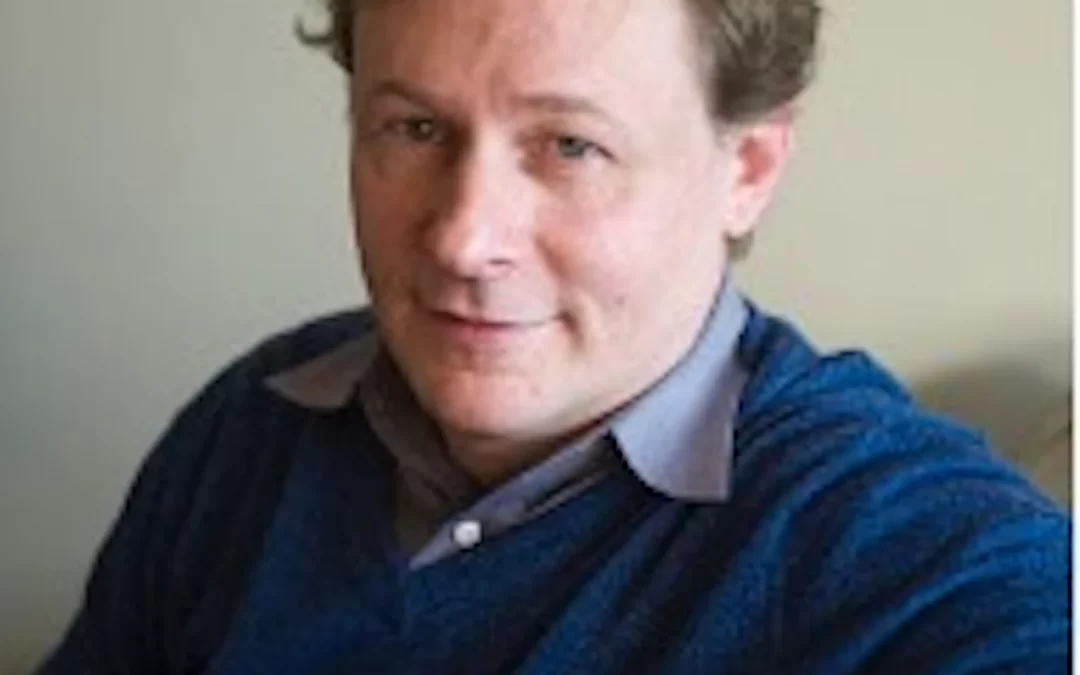Wesley Wildman is a Professor of Philosophy, Theology, and Ethics at the Boston University School of Theology, maintaining deep ties to his native Australia.Wesley is a pre-eminent philosopher of the religious naturalist orientation, a member of the RNA Board of Advisors, and is also engaged in numerous other fascinating projects as detailed in the wiki entry and on his own website.
This link takes you to a extensive summary of Wesley’s RN thinking. Here are two classic Wildman quotes:
We come to life in this world, marked by our evolutionary history and heavily influenced by impulses we do not fully understand and by contexts we cannot fully control. And it is in these circumstances that we strive to discover meaning and purpose in our lives; to build creative cultures and secure societies; and to realize the good, the true, and the beautiful. These are religious and spiritual activities, and we work out our salvation, our liberation, and our enlightenment as we pursue them.
With these caveats in mind, I assert that religiously useful naturalism affirms most of the following:
— Nature is sacred in its beauty, terror, scale, stochasticity, emergent complexity, and evolutionary development.
— The sacredness of nature expresses the self-transcendent potential of nature, and especially of natural creatures with self-awareness and moral imagination such as human beings.
— The sacredness of nature imposes moral obligations upon us to understand, appreciate, and preserve the parts of nature under our influence, taking full responsibility for our creative strategies through increasing compassion and control.
— There is no supernature: no supernatural agents, no supernatural means of knowledge, no supernatural authorizations, and no supernatural deity.
— Religions encode much wisdom about sacred nature but this religious wisdom is distorted in myths and legends that harden into literal descriptions of reality. Thus, religious naturalism can affirm traditional religions in some respects and must criticize them in other respects.
— Human beings are vulnerable to cognitive error, which keeps religious distortions and superstitions alive. Careful education can confer on individuals the ability to recognize and contest these cognitive biases.
— Religious naturalism will become increasingly attractive and socially viable as plausibility structures are changed by education that corrects cognitive biases and by centralizing humanist and ecological values in our species’ quest for survival.
The cumulative affirmation here is that naturalism, understood in a particular way – namely, as affirming most of the propositions in the list above – can be religiously relevant and can define a life world for people drawn to it.
